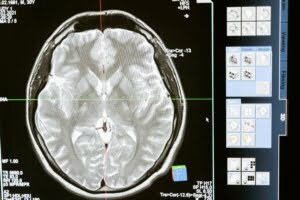
It will come as news to nobody that the NHS faces a tough winter. Fears of a ‘twindemic’ of high rates of Covid and flu infections, the backlog of operations caused by the pandemic remains and pay strikes among nurses and ambulance staff all speak of a health service under severe pressure.
Other outstanding cost concerns faced by the NHS include the high cost of agency staff, with doctors paid as much as £5,234 for a single shift according to data uncovered by the Labour Party in a Freedom of Information request, while many hospitals have outstanding maintenance issues as well.
The question of just how much money could be needed to fix buildings, solve shortages of resources and settle pay disputes, alongside the question of where the money will come from, arises at a time when the UK is believed to have begun a protracted recession.
Never has it been more important for cost-efficiency and the elimination of waste to be brought to bear on the NHS. That is where the low cost of cloud based medical imaging may be critical when keeping patient scans and other records, enabling easy access without high expense.
As Tech Radar reports, cloud storage specialists Backblaze have noted that hard disk drive prices have been falling, with prices now set to fall to as low as US$0.1 per GB of data. This compared to $0.11 in 2009.
Not only is this a rare example of something getting cheaper in a world beset by inflation, but also offers a considerable cost-saving opportunity to the NHS. While this alone will not solve all the problems, it will certainly help, not least by delivering better outcomes for patients, which is the whole point of the service in the first place.
While the NHS faces many challenges, it seems that at least the services the staff will use could include some cases of very low cost.








